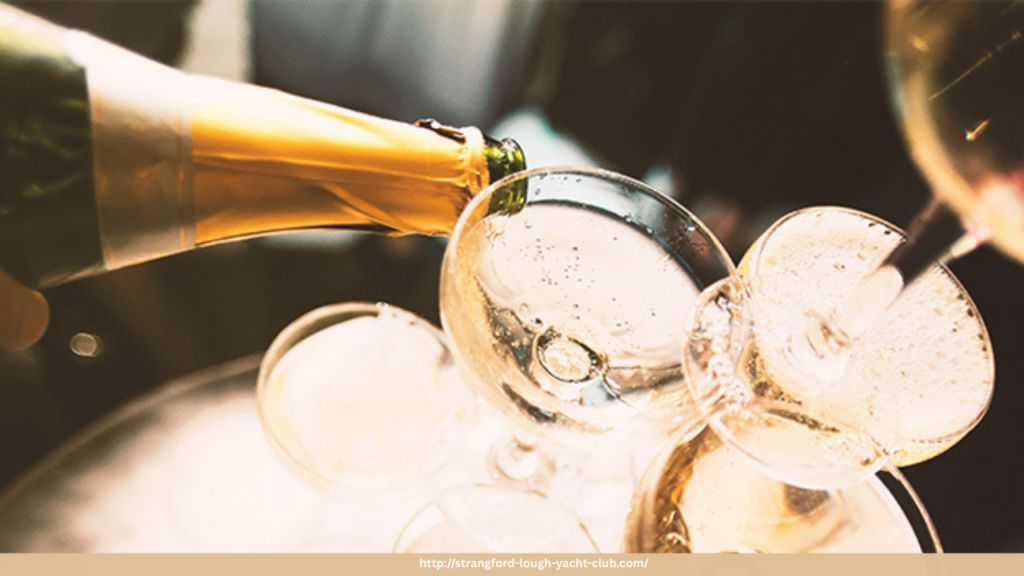
Elite social clubs—whether nestled in the heart of the city or perched along the waterfront—are often seen as playgrounds for the wealthy. With their tailored dress codes, top-shelf bars, and carefully curated memberships, these clubs project exclusivity, luxury, and control. But behind the glimmer of champagne glasses and the hum of polite conversation lies a growing problem that is seldom discussed: substance abuse. From alcohol to hard drugs like cocaine, addiction has crept into these polished environments, cloaked by privilege and social status.
A Culture Built on Celebration and Escape
Luxury and celebration go hand in hand in elite clubs. Members gather over champagne to toast business wins, sip single malt scotch after a round of golf, or drink cocktails aboard private yachts during sunset cruises. Alcohol is not just present—it’s expected. The culture subtly reinforces the idea that indulgence is part of success, and saying no can sometimes feel more uncomfortable than joining in.
But when every occasion is a reason to drink—and every drink flows freely—dependency can quickly take root. For some, the social lubricant becomes a daily crutch, used not just to unwind but to function.
Cocaine: The Unspoken Secret
While alcohol is visibly celebrated, other substances lurk in the shadows. Cocaine, in particular, has made a quiet resurgence in high-status circles. It offers a temporary escape from pressure, a burst of energy for networking, or a way to maintain an image of control and vitality. In environments that reward confidence, charisma, and endurance, cocaine can seem like a shortcut—until it becomes a trap.
Because elite club members often have access to discreet suppliers and private spaces, drug use is easily concealed. And since consequences are rarely immediate—at least not financially—many users convince themselves they’re in control. But addiction doesn’t discriminate based on wealth or social standing. It erodes from the inside out, no matter how polished the surface appears.
High-Functioning, Deeply Struggling
Many of those grappling with addiction in elite clubs are what experts call “high-functioning addicts.” They maintain successful careers, uphold social appearances, and continue to provide for their families—all while battling a growing dependency. Their lifestyle helps mask the severity of their problem, making it harder for loved ones—or even themselves—to recognize the danger.
This concealment is reinforced by a culture that values privacy and discretion above all. No one wants to disturb the façade of perfection, and those who suffer often do so in silence.
Creating Space for Honesty and Help
To address this hidden crisis, elite social clubs must begin by acknowledging that addiction is not a moral failing or a personal weakness. It is a medical condition that affects people from all walks of life—including the wealthy and successful. Clubs can take meaningful steps by providing access to discreet support services, hosting educational sessions on substance abuse, and fostering a culture where vulnerability is not taboo.
From champagne to cocaine, the line between celebration and self-destruction is often thinner than it seems. By lifting the curtain on addiction and offering real support, elite social clubs can protect not just their image—but the lives of their members.